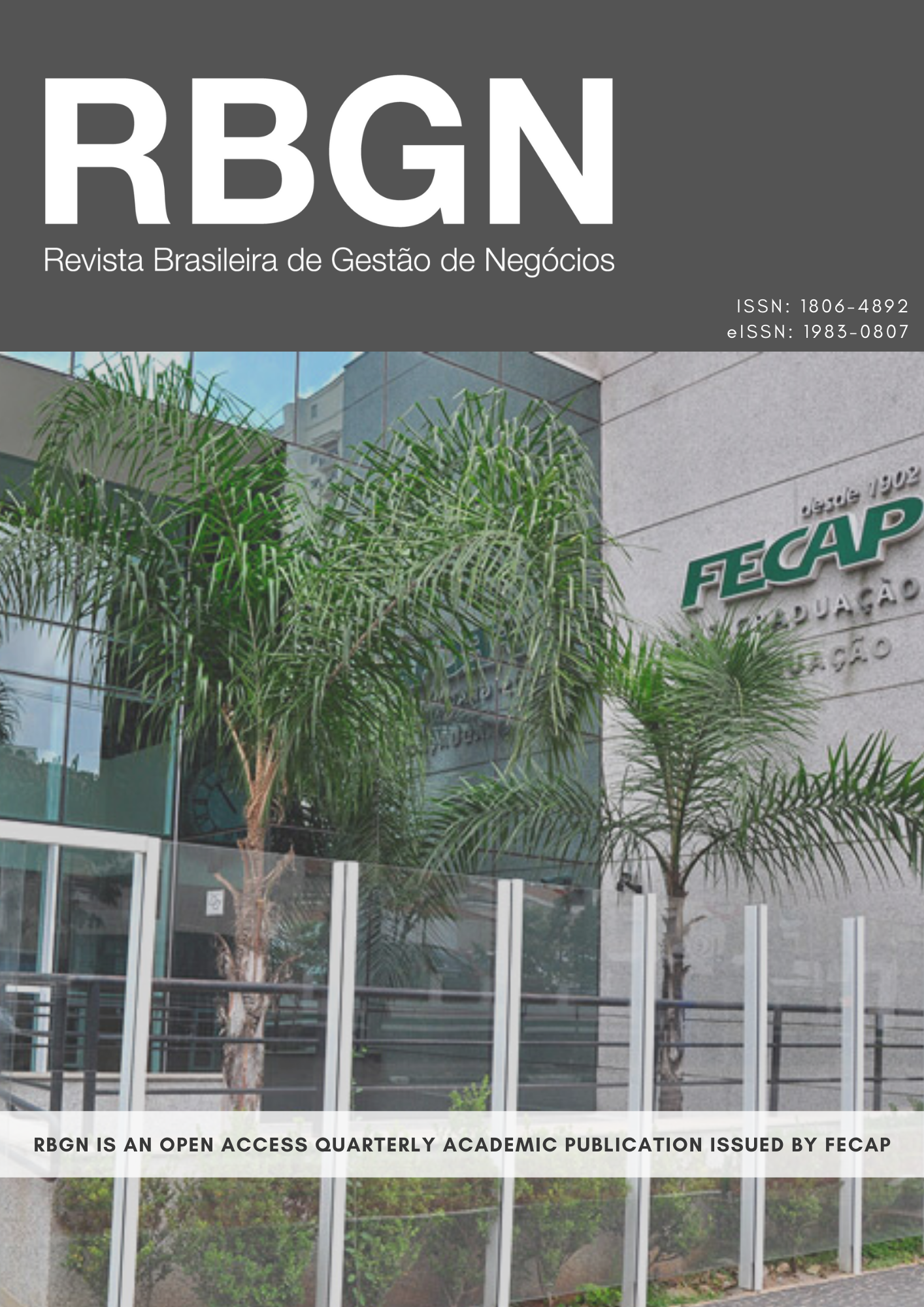Abstract
Purpose – The aim of the investigation is to examine the effect of communication on the legitimacy and performance of organizations. The research framework was built based on Institutional Theory.
Design/methodology/approach – The data were collected from 613 surveys of patients and health personnel of public hospitals in Madrid (Spain) and analyzed through partial least squares structural equation modeling (PLS-SEM). The questionnaires were anonymous. No identification data or biomedical data were requested.
Findings – The results confirm the existence of a positive effect between communication and organizational legitimacy. They also indicate that the effect produced by communication on organizational performance is considerably greater than that produced by organizational legitimacy. The findings provide new knowledge on communication as an antecedent of organizational legitimacy. From a practical point of view, the research provides ideas on how hospital managers can improve their performance through communication management and organizational legitimacy.
Originality/value – New evidence of the effects of communication on the legitimacy and performance of organizations is provided. The effect and the predictive relevance of legitimacy in relation on the performance of organizations are also identified.
If a paper is approved for publication, its copyright has to be transferred by the author(s) to the Review of Business Management – RBGN.
Accordingly, authors are REQUIRED to send RBGN a duly completed and signed Copyright Transfer Form. Please refer to the following template: [Copyright Transfer]
The conditions set out by the Copyright Transfer Form state that the Review of Business Management – RBGN owns, free of charge and permanently, the copyright of the papers it publishes. Although the authors are required to sign the Copyright Transfer Form, RBGN allows authors to hold and use their own copyright without restrictions.
The texts published by RBGN are the sole responsibility of their authors.
The review has adopted the CC-BY Creative Commons Attribution 4.0 allowing redistribution and reuse of papers on condition that the authorship is properly credited.


